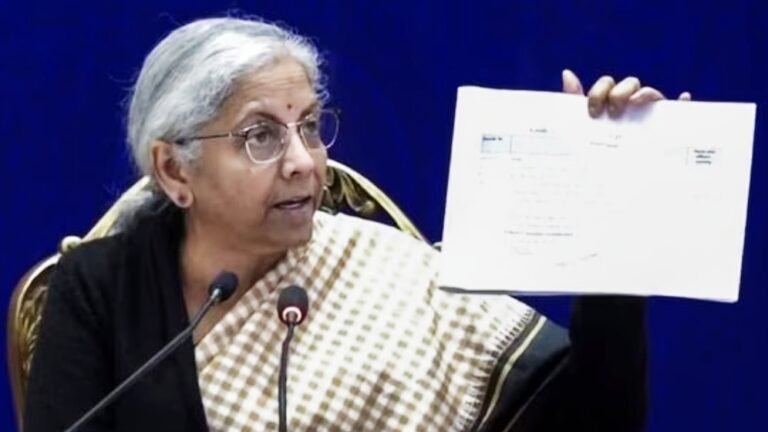Introduction of Track and Trace Mechanism under GST
In a decisive effort to curb tax evasion, the GST Council has greenlit the introduction of a ‘Track and Trace Mechanism’ for specific evasion-prone commodities. This system will utilize a unique identification mark on goods or their packaging to enable seamless tracing throughout the supply chain.
The mechanism will be enacted through Section 148A of the CGST Act, 2017, empowering the government to enforce stringent tracking protocols for targeted commodities. According to the finance ministry, this initiative will create a robust legal framework to monitor these goods and ensure supply chain transparency.
Key Features of the Track and Trace System
- Unique Identification Marking: Goods or their packages will carry a distinct identifier, enabling tracking at every stage of the supply chain.
- Legal Empowerment: The system will be underpinned by amendments to the CGST Act, providing a statutory basis for its implementation.
Online Services and Tax Invoices
The Council clarified requirements regarding online services, including Online Money Gaming and OIDAR services. Suppliers must record the recipient’s state name on tax invoices for unregistered recipients. This state name will be treated as the recipient’s address under Section 12(2)(b) of the IGST Act, 2017, as aligned with Rule 46(f) of the CGST Rules.
Revised GST Rates and Exemptions
Finance Minister Nirmala Sitharaman announced several rate cuts and exemptions:
- Fortified Rice Kernel (FRK): GST reduced from 18% to 5%.
- Gene Therapy: Fully exempt from GST.
- Merchant Export Supplies: Compensation cess cut to 0.1% to align with GST rates.
- IAEA Imports: Exemption granted on IGST for equipment and consumable samples for International Atomic Energy Agency inspection teams, subject to conditions.
Relief for General Insurance Contributions
GST exemptions have been extended to contributions made by general insurance companies from third-party motor vehicle premiums to the Motor Vehicle Accident Fund. This fund provides compensation and cashless treatment to road accident victims, including hit-and-run cases.
Simplification of Provisions
- Vouchers: Transactions involving vouchers are clarified as neither goods nor services, thus exempt from GST.
- Pre-Packaged and Labeled Goods: The definition has been revised to include retail commodities up to 25 kg or 25 liters. These must adhere to labeling regulations under the Legal Metrology Act.
- Penal Charges: No GST will apply to penal charges imposed by banks and NBFCs for non-compliance with loan terms.
Streamlining Appeals and Legal Clarity
The Council has reduced the pre-deposit requirement for appeals involving penalty-only cases. Additionally, circulars will be issued to resolve ambiguities and prevent legal disputes.
Conclusion
The GST Council’s decisions during its 55th meeting reflect a commitment to enhancing tax compliance, reducing evasion, and simplifying the GST framework. These measures aim to boost economic transparency and ease of doing business while ensuring fair taxation practices.
Also Read: Recommendations from the 55th GST Council Meeting
READ MORE
Guidance Note 2/2024: Direct Tax Vivad Se Vishwas Scheme, 2024
New Income Tax Bill Unlikely to Be Introduced in Budget 2025
